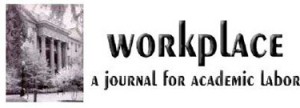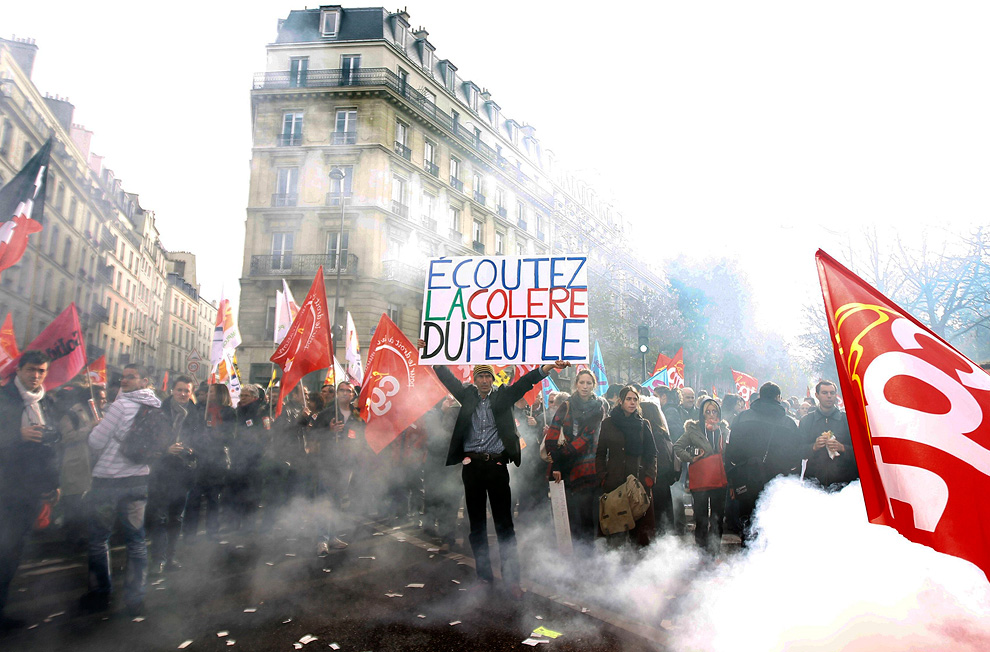Message from Gilbert Gonzalez for the Mingas Network
Dear friends: Thank you once again for your patience, support, and
solidarity in our struggle against the Colombia Free Trade Agreement.
The next few days and weeks will be crucial in this struggle as President
Obama has indicated he will submit the Colombia, Panama and Korea FTAs for
congressional approval after the upcoming congressional recess.
Below we have included a number of informative videos on the impact of the
FTA on Colombia. Please look at them and, if you have time, share them
with others and send them to your friends, lists, etc.
Video of Impact upon Colombian workers and small farmers
Video of Impact upon Indigenous and Afro-Colombian communities

Video of Impact on Colombian Civil Society

An over-all view of the impact of the FTA: What will you do if the
Colombia Free Trade Agreement is passed?

On the Colombia FTA, and others like it, California’s Congressman Miller
has said: “The American worker can compete, but it can’t compete against
the Colombian Army, against Colombian death squads… that’s not fair
competition, but that is what it’s protected in these trade agreements.”
The House of Representatives recess will take place from June 24th to July
5th. As you share this material with friends and list members please ask
them to contact their representatives by letter, fax, email, phone, or by
personal appointment, asking them to vote against this horrible
NAFTA-clone of a treaty.
If they don’t know who their representatives are they can find out by
going to:
http://whoismyrepresentative.com/
The Mingas Network will be glad to provide you with more information about
the specific impacts of the Colombia FTA and the reason the proposed White
House “Action Plan” does not right all that is wrong with the treaty. Just
send us a message.
Thank you again for your support, and your patience.
Sincerely yours,
Gilbert Gonzalez
for The Mingas Network*
The Mingas Network is a group of individuals from across the United
States, Canada and Colombia who are concerned with improving labor
conditions, promoting sovereignty and strengthening democracy and in
Colombia. We are united in our support for social movements and our
rejection of all acts of violence in Colombia, regardless of their source.

